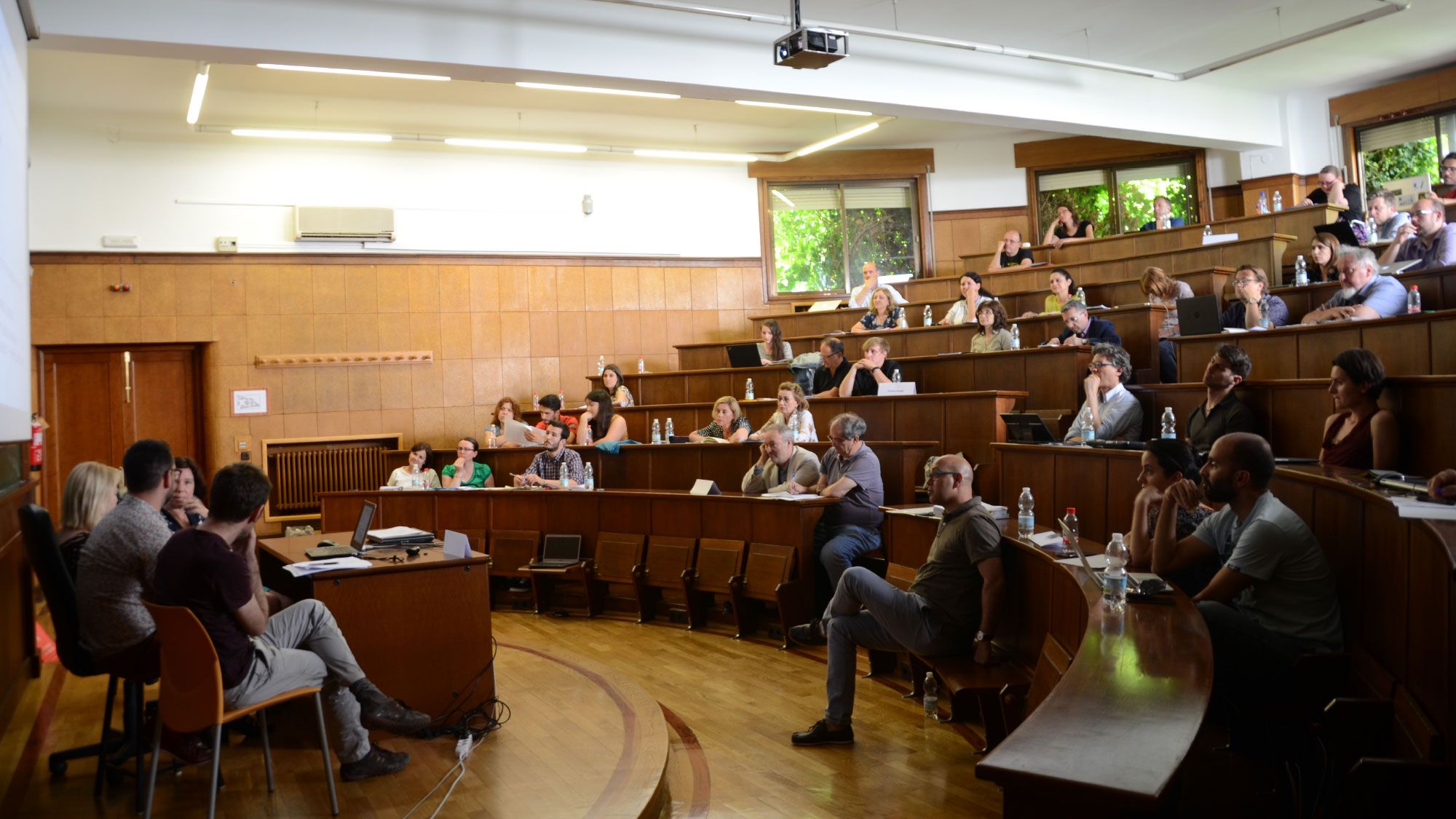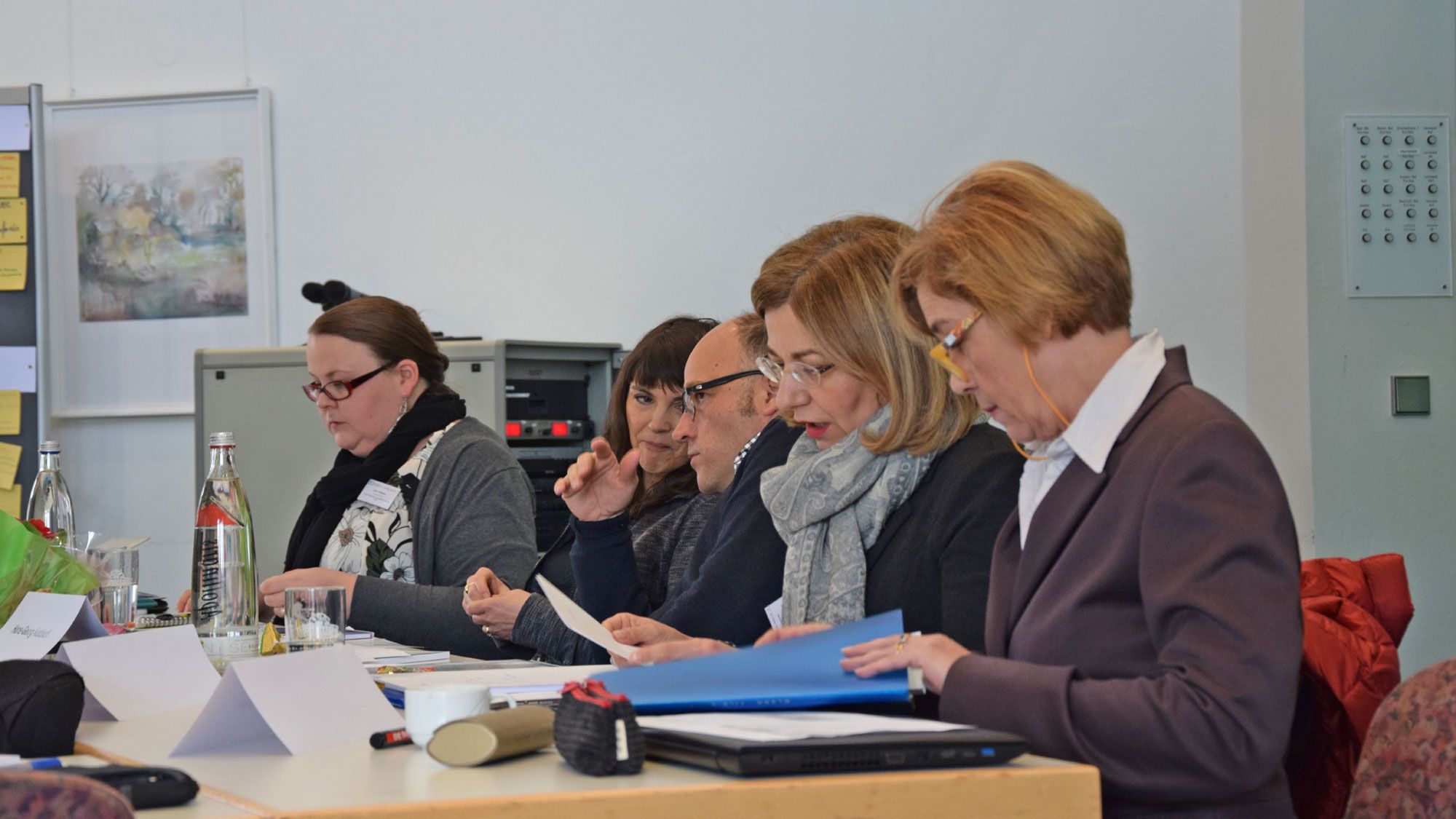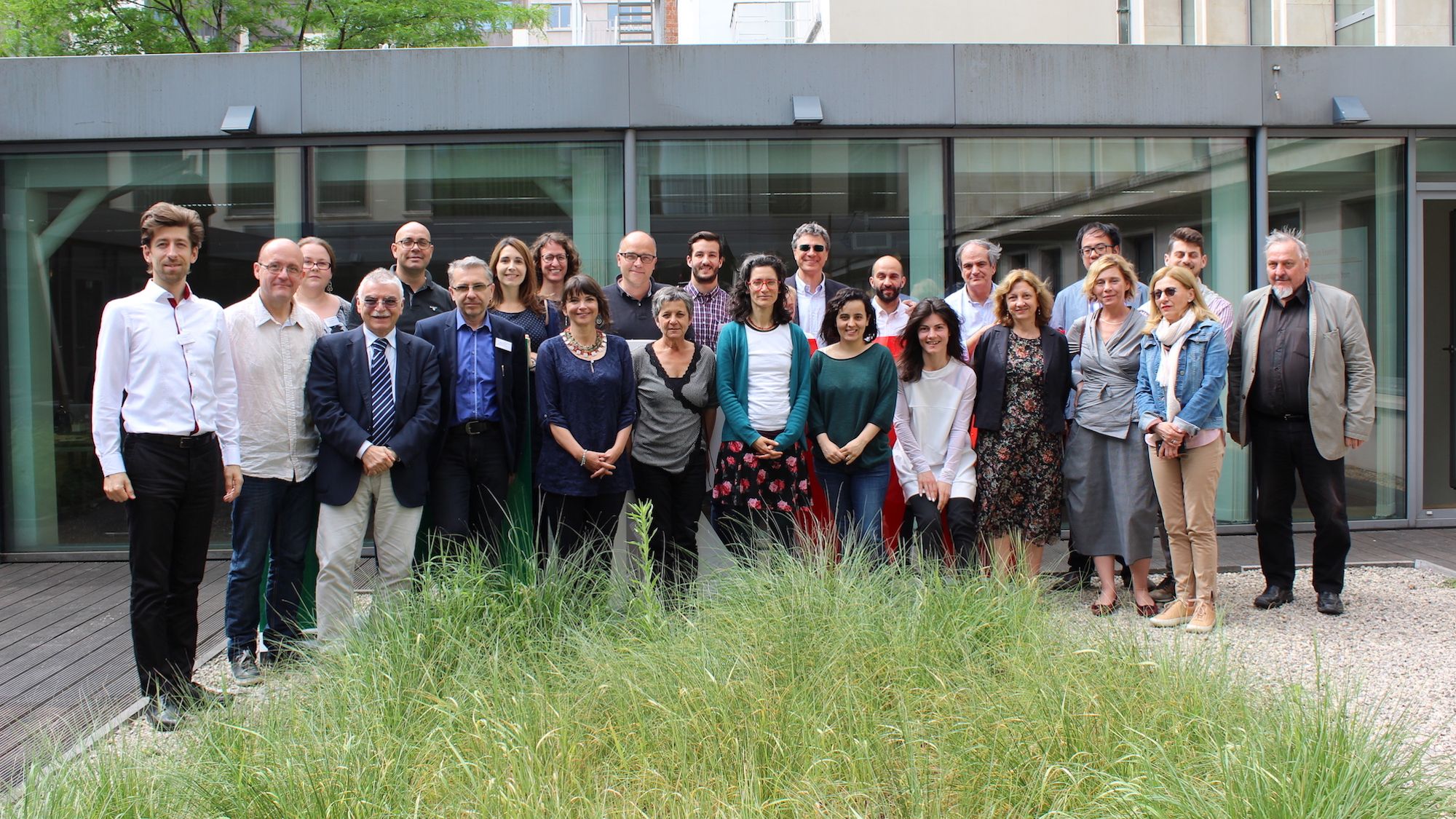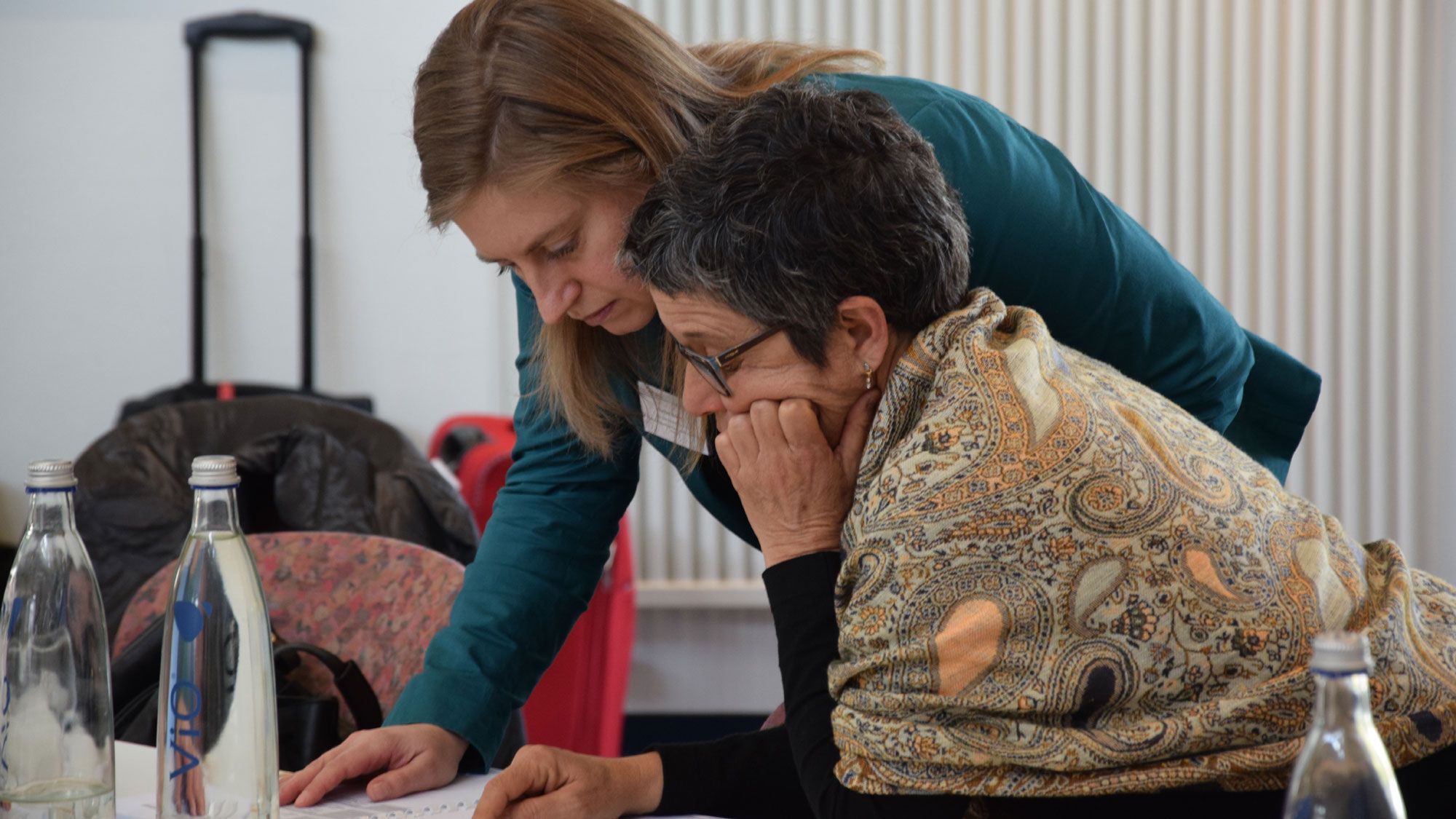Key competences
Competences are defined as a combination of knowledge, skills and attitudes applied appropriately to a context in order to achieve a desired outcome.
Key competences are those which all individuals need for personal fulfilment, active citizenship, social cohesion and employability through lifelong learning in a knowledge society.
The European Reference Framework sets out eight key competences:
- Communication in the mother tongue;
- Communication in foreign languages;
- Mathematical competence and basic competences in science and technology;
- Digital competence;
- Learning to learn;
- Social and civic competences;
- Sense of initiative and entrepreneurship;
- Cultural awareness and expression.
The key competences are all considered equally important, because each of them can contribute to a successful life in a knowledge society. Many of the competences overlap and interlock: aspects essential to one domain will support competence in another. Competence in the fundamental basic skills of language, literacy, numeracy and in information and communication technologies (ICT) is an essential foundation for learning, and learning to learn supports all learning activities. There are a number of themes that are applied throughout the Reference Framework: critical thinking, creativity, initiative, problem-solving, risk assessment, decision-taking, and constructive management of feelings play a role in all eight key competences.
Key competences are a focus of LLL policies and practices towards young adults and it that sense are a substantial discourse of the project “YOUNG_ADULLLT – ‘Policies Supporting Young Adults in their Life Course. A Comparative Perspective of Lifelong Learning and Inclusion in Education and Work in Europe”. Key competences show the impact of both national and regional policies as well as the efficiency of the educational institutions through which they are acquired. Key competences are important for the realization of both the individual and the community; they are a prerequisite for the development of the national economies and knowledge societies in European perspective. They are the essence of human capital and can be viewed as a part of the system of indicators for LLL success such as:
- Level of education of the population.
- Level of literacy and numeracy.
- Level of acquiring computer skills.
- Level of knowledge of foreign languages.
- Level of participation in continuous education etc.
References
Ala-Mutka, K., Punie; Y. & Redecker, Ch. (2008). Digital Competence for Lifelong Learning. Policy Brief (JRC48708). Available online: ftp://s-jrcsvqpx101p.jrc.es/pub/EURdoc/EURdoc/JRC48708.TN.pdf.
Council of Ministers. Internet platform for public consultation (n. d.): National strategy of lifelong learning 2014-2020. Available online: http://www.strategy.bg/StrategicDocuments/View.aspx?lang=bg-BG&Id=880
European Commission (EC) (2012). Education and Training 2020 Work programme. Thematic Working Group 'Assessment of Key Competences'. Literature review, Glossary and examples. Available online: http://ec.europa.eu/education/policy/school/doc/keyreview_en.pdf.
European Commission (2006). Recommendation of the European Parliament and of the Council of 18 December 2006 on key competences for lifelong learning. Available online: http://eur-lex.europa.eu/legal-content/EN/TXT/PDF/?uri=CELEX:32006H0962&from=EN.
European Commission. Education and Training. Supporting education and training in Europe and beyond. Key Competencies. Available Online: http://ec.europa.eu/education/policy/school/competences_en.htm.
Rychen, D. & Salganik, L. (2003). Key competencies for a successful life and a well-functioning society, Göttingen: Hogrefe.
Rychen, D. S., Salganik, L. H. (2000). Definition and Selection of Competencies: Theoretical and Conceptual Foundations (DeSeCo) Background Paper Neuchâtel: DeSeCo Secretariat. Paris: OECD.
(Valentina Milenkova & Georgi Apostolov)
























